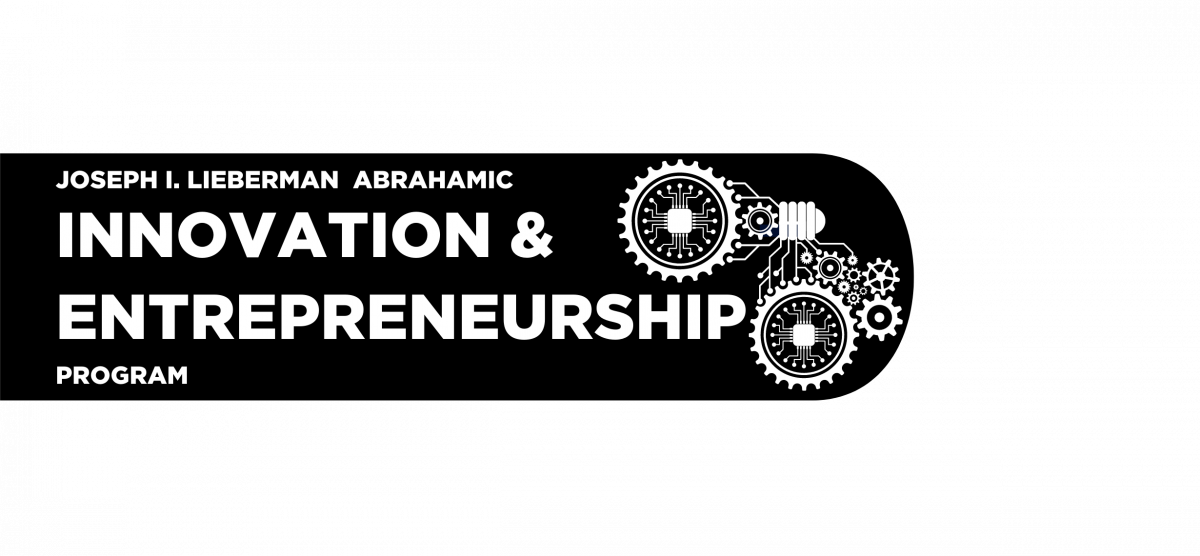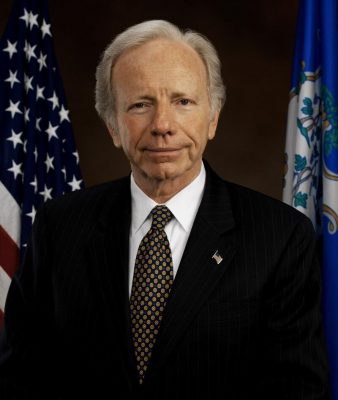
Abrahamic Innovation & Entrepreneurship Program
Judaism, Christianity and Islam all call on their people to use knowledge and reason for constructive purposes. UConn Abrahamic Programs thus focuses on core commonalities that build on the intellectual foundations of Abrahamic thought, its three monotheistic faiths and common epistemology. In 2022 we are launching The Joseph I. Lieberman Abrahamic Innovation & Entrepreneurship Program (The Lieberman Program) in partnership with UConn’s Peter J. Werth Institute for Entrepreneurship and Innovation. The Lieberman Program is a vehicle to engage, convene, and support the innovation and entrepreneurial ecosystem(s) in the MENA region. This program also connects Southwest Connecticut and the NYC metropolitan area with the MENA region.
MISSION & OBJECTIVES
The long-term mission of The Lieberman Abrahamic Program is to help integrate leading entrepreneurial universities in the Middle East and North Africa (MENA) region and build local, national and regional innovation ecosystems. This collaboration will empower universities to make entrepreneurship more accessible as a career path for all members of their community, and increase university capacity to produce innovative research and scholarship that serves as the basis for new enterprises in the region. The program accomplishes this mission by working closely with local stakeholders, through a process of reciprocal learning and adaptive program management. In this way, we hope to improve the infrastructure needed for universities to thrive as active participants with governments, investors and entrepreneurs and the general public.
The recently signed Abraham Accords paved the way for increased regional economic integration. Universities can play an active role in supporting this process. Through stakeholder engagement workshops and facilitating dialogues with impactful entrepreneurs, UConn will work with local partners to identify needs, discover and share best practices, and work collaboratively to address barriers to entrepreneurship through: 1) network building; 2) research; 3) educational programs and exchanges; and 4) community and public policy engagement.
The academy has long been a neutral site where citizens of countries that mistrust one another may come together and collaborate in mutually beneficial ways. Universities have also long been fundamental actors in the production and commercialization of innovations (i.e. Google, Gatorade, Genentech, Moderna). Thus, Universities have the potential to be breakthrough sites of cooperation and economic development for MENA countries in the post-Abraham Accords political and economic landscape. The Lieberman Program builds on this tradition and facilitates the transition of ideas from the academy to the field. By developing a support structure for purpose-driven research, identifying and mapping resources for innovators and entrepreneurs, and by convening conversations between stakeholders across the entrepreneurial ecosystem, the Lieberman Program identifies best practices in entrepreneurial education and provides a vehicle for universities in the MENA region to learn from each other. The Lieberman Program also connects Connecticut to the MENA region.
LIEBERMAN PROGRAM ACTIVITIES
The Lieberman Program is actively building national, sub-national, and university-based programs, fostering innovation while contributing to national and regional economic development. It continuously strengthens ties between Stamford, Fairfield County, and the New York City metropolitan area with innovators across the MENA region.
The program's momentum began in Summer 2022 with a virtual workshop that laid the groundwork for its activities, identifying key opportunities for collaboration and the benefits of linking leading entrepreneurial universities in the region. Since then, we have been actively organizing events and initiatives designed to cultivate creativity and cooperation.
One major milestone was the Lieberman Abrahamic Program planning workshop held in Stamford, CT, from September 24–26, 2024 in collaboration with Daigle Labs and the Werth Institute for Entrepreneurship and Innovation to honor the legacy of Senator Lieberman. This inspiring gathering brought together participants from Bahrain, Egypt, Iraq, Israel, Jordan, Lebanon, Morocco, the Palestinian Territories, Saudi Arabia, Syria, the UAE, and the United States. The workshop included a special evening with members of the Lieberman family and community, and participants collaboratively developed a roadmap for future progress across four core areas: (1) Abrahamic curricula, (2) student programming, (3) MENA network engagement, and (4) research.
The consortium of entrepreneurial universities we are building is continuously evolving. Our efforts include student hackathons, collaborative curriculum development (including a shared online course), experiential study-abroad programs, a MENA Abrahamic hub, support for SMEs, virtual and on-site workshops, partnerships with local and global companies, venture capital engagements, regional start-up competitions, and collaborative research. These initiatives are ongoing and dynamic, ensuring that the Lieberman Program remains at the forefront of fostering innovation and collaboration in the MENA region and beyond.

IN MEMORIAM: Joseph 'Joe' Lieberman (1942-2024)
The Senator was an inspiring partner and instrumental to the development of the Joseph I. Lieberman Abrahamic Innovation & Entrepreneurship Program. His commitment to bridging divides in the interest of shared humanity was continuously evident in his work, which galvanized those around him to strive for a better world.
We will remember Senator Lieberman as a gentle soul that exuded integrity, brilliance, and kindness. We extend our profound condolences to the Lieberman family and commit to honoring his legacy by continuing to build programs that plant Abrahamic seeds, promote peaceful co-existence in the MENA region, and bring people and communities together.